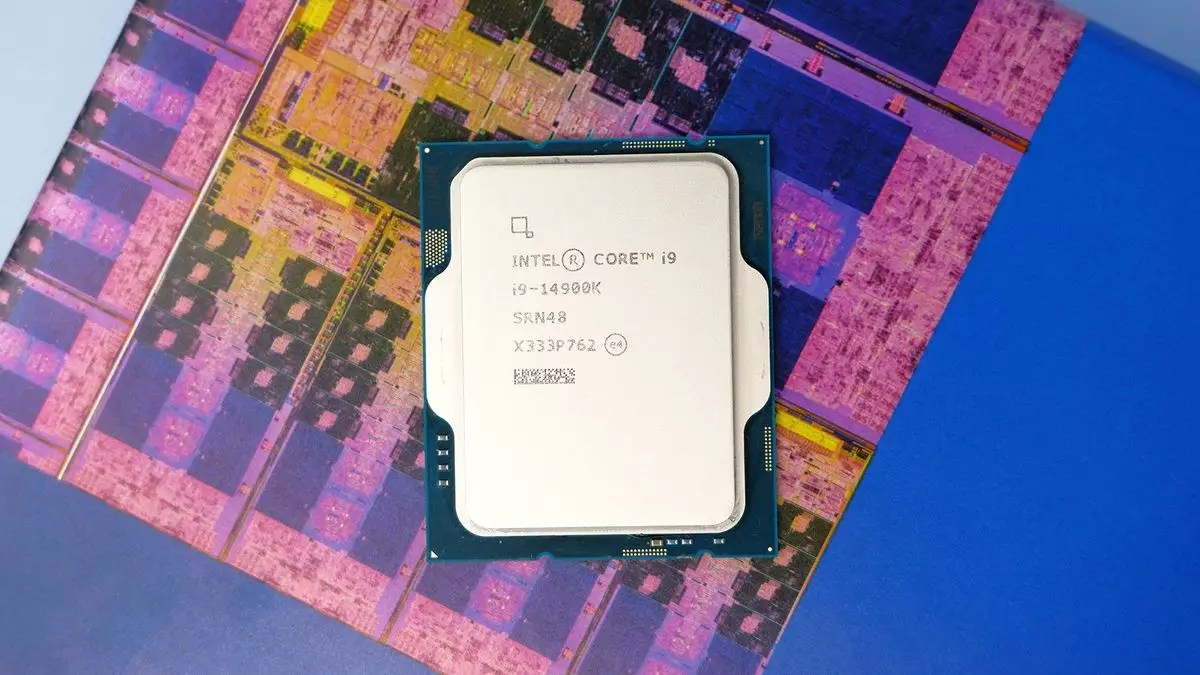The tech industry is often rife with challenges, from executing innovative releases to maintaining quality standards. However, few issues shake the market like a product liability scandal. Recently, Intel has found itself tangled in a class action lawsuit stemming from serious allegations regarding its faulty CPU components. This article delves into the details of the lawsuit, the events leading up to it, and the potential implications for Intel and its consumers.
Mark Vanvalkenburgh, a consumer from Orchard Park, New York, spearheads the lawsuit against Intel in a federal court located in California. The lawsuit focuses on the Intel Core i7-13700K processor, which Vanvalkenburgh purchased in January 2023. He alleges that the CPU was riddled with defects and suffered from notable instability, causing frequent crashes. The claim highlights a critical issue—the nature of responsibility that manufacturers bear for product failures and the potential repercussions of knowingly selling flawed goods.
The lawsuit underscores that Vanvalkenburgh attempted to remedy these faults by applying an Intel microcode patch, designed to address issues with the processors. Unfortunately, the patch did not resolve the instabilities, casting further doubt on Intel’s ability to rectify the shortcomings of its products. These facts, if substantiated, could raise grave concerns about Intel’s commitment to product quality and customer safety.
The crux of the legal challenge lies in the assertion that Intel was aware of these defects long before the consumer complaints began to surface. The suit claims that by late 2022 or early 2023, Intel had sufficient evidence—through extensive pre-release and post-release product testing as well as monitoring return rates and media reports—to indicate that its CPUs were failing at alarming rates. If proven, this could be a significant legal liability, as it suggests that the company not only knew about the defects but continued to sell the products without structural remedies.
Furthermore, the lawsuit probes the integrity of Intel’s testing processes and their efficacy. Did the company adequately ensure that their products were reliable before bringing them to market? If Intel’s internal monitoring procedures were lacking, the consequences could extend beyond financial repercussions, potentially damaging consumer trust in one of the world’s leading tech firms.
In light of the allegations, Intel has responded by declaring that the microcode patches released were sufficient and that their testing protocols are robust. However, the situation has escalated as Intel has admitted that once a CPU’s clock tree circuit is compromised, patches cannot rectify the hardware damage, necessitating chip replacements. In what seems to be an effort to bolster consumer confidence, Intel extended the warranty for Raptor Lake CPUs by two additional years and revamped their Return Merchandise Authorization (RMA) processes.
Such measures raise a question about Intel’s earlier confidence in its product integrity. If the warranty extensions and RMA improvements were adequate, why did the CPU crisis escalate to a class action suit in the first place? This dissonance may leave consumers questioning the reliability and quality assurance standards of Intel’s latest offerings.
As the case unfolds, the ramifications for Intel could be profound. The lawsuit is not only seeking damages but also punitive measures that might compel a reevaluation of how Intel conducts business moving forward. Given Intel’s recent struggles in the market—most notably its removal from the Dow Jones stock index—the allegations in the class action suit are yet another blow to the company’s image and financial stability.
The outcome of this legal battle may set precedence for product liability laws within the tech industry. If the court finds in favor of the plaintiff, it could encourage consumers to be more vigilant and possibly embolden other costumer claims against companies that fail to disclose known defects.
The class action lawsuit against Intel serves as a critical reminder of the importance of accountability within the tech sector. While product failure is not an uncommon occurrence, the degree of responsibility that manufacturers assume for their products can significantly affect public perception, customer loyalty, and financial performance. As Intel navigates this rough terrain, the outcome of the lawsuit will shape its reputation and operational strategies for years to come. The stakes have never been higher for both the company and its consumers.


Leave a Reply